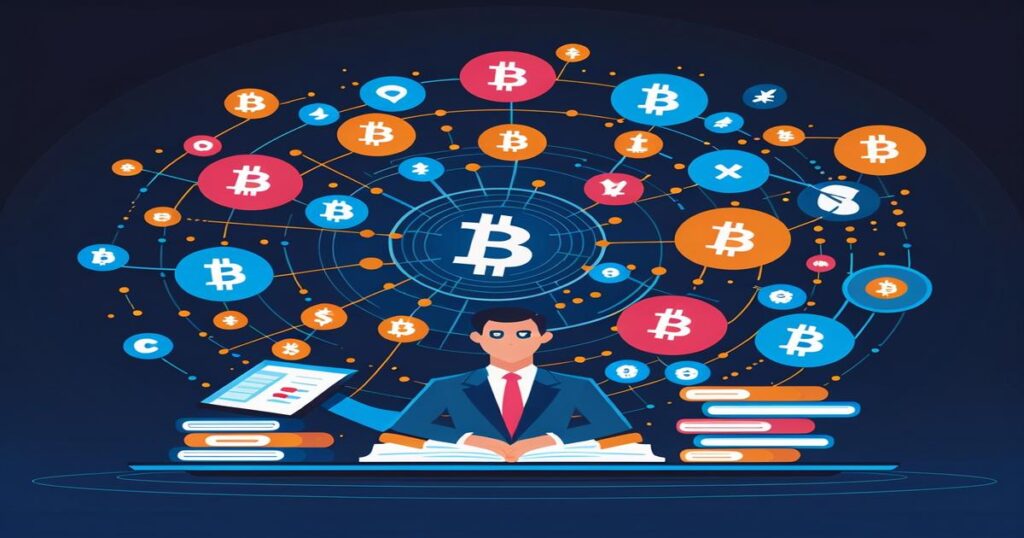Decentralized finance, or DeFi, represents a paradigm shift in the way we interact with financial services. By leveraging blockchain technology, DeFi platforms offer unprecedented opportunities for financial inclusion, innovation, and efficiency. In this article, we’ll explore DeFi’s impact on traditional financial systems, dissect how various DeFi applications function, and provide practical insights and tutorials to help you maximize your use of these groundbreaking tools.
Understanding Decentralized Finance: What is DeFi? 🌐
DeFi refers to a suite of financial services that operate without traditional intermediaries such as banks or brokerages, using secure distributed ledgers (blockchains) instead. DeFi platforms facilitate transactions through smart contracts, offering users enhanced privacy, security, and control over their financial activities.
Real-World DeFi Use Cases
– Lending platforms like Aave and Compound offer peer-to-peer crypto lending and borrowing.
– Decentralized exchanges (DEXs) such as Uniswap allow users to trade assets without centralized oversight.
– Protocols like MakerDAO enable the creation of stablecoins pegged to fiat currencies.
✅ DeFi offers ease of access to financial services globally
✅ Eliminates intermediaries, reducing costs
✅ Enables programmable financial products through smart contracts
Exploring Popular DeFi Platforms
Aave: Pioneering Crypto Lending
Aave introduces features such as flash loans and interest rate swapping, revolutionizing how borrowers and lenders interact with crypto assets.
Uniswap: Decentralized Trading without Borders
Designed for seamless crypto trading, Uniswap utilizes liquidity pools to facilitate decentralized trade without relying on traditional market makers.
Checking DeFi Risks and Opportunities
While DeFi unlocks new financial avenues, it’s crucial to understand the risks involved, such as smart contract vulnerabilities and regulatory challenges.
FAQs on Decentralized Finance
What are the main advantages of DeFi?
DeFi offers an open, permissionless, and globally accessible financial ecosystem, with lower fees and increased transparency.
How secure are DeFi protocols?
Security is paramount, and while protocols are audited, risks such as exploits and vulnerabilities remain.
Can anyone use DeFi platforms?
Yes, DeFi platforms are designed to be accessible to anyone with an internet connection, though a basic understanding of crypto technology is beneficial.
This exploration into decentralized finance is an invitation to reimagine the future of economies, equipping you with knowledge and tools to participate effectively. Embrace the DeFi wave responsibly and innovate with confidence. 🪙🔐
Ensure to keep this article updated with the latest developments and insights, providing a state-of-the-art guide to DeFi’s vast landscape and its profound impact on global finance.

